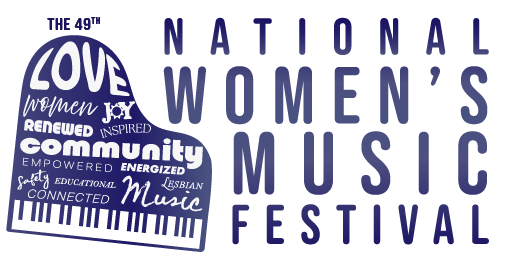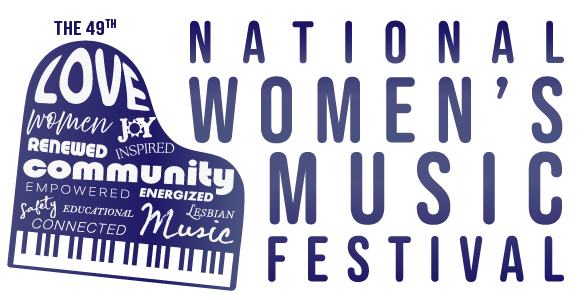Although she was originally born and raised in New York City, Pura Fé has chosen to lay her guitars in a suburban house in Durham, North Carolina. Today, she wouldn’t live anywhere else:
“I wanted to feel close to my culture, my tradition, my language. I wanted to feel at home, among the members of my community.”
Pura Fé, an heir to the Tuscarora Indian Nation, is an artist, an activist, and much more. She still draws a large part of her inspiration from her rich First Nation heritage when she writes about today’s problems.
“I’m often labeled as an activist. In fact, I place myself in the time-honored perspective of someone who accepts to bear the responsibilities inherited from my ancestors. It urges me to fight for the rights of indigenous people and denounce the threats to the environment, starting with oil and shale gas corporations.”
Her musical journey, running the gamut from folk to mainstream through an artful use of the blues, reflects the concerns of an artist who grew up in the Motown era, while citing Buffy Sainte-Marie, Charley Patton and Joni Mitchell as her true mentors. And, more widely, “traditional music from all over the world, wherever the spirit is connected to our roots.”
Saying that Pura Fé was brought up in a musical environment is an understatement. On her maternal side, she claims no less than eight generations of Tuscarora singers. Her mother, gifted with a Wagnerian operatic voice, was the featured vocalist in several of Duke Ellington’s Sacred Concerts. “She would have deserved to be heard all over the world, but those were difficult times for a woman of color,” regrets Pura Fé whose father, born in Puerto Rico, boasted First Nation and Corsican blood. As a teenager in New York City, failing to find her place in the school system of the metropolis, she delved into her parents’ Native music record collection and took part in First Nation pow wows:
“I found myself the day I was able to reconnect with my indigenous roots.”
Initially working as a background singer, in the studio as well as in Broadway musicals, she eventually felt the need to express herself through her own songs. “It came out just like that, all of a sudden!” she recalls. This outburst took the name of Ulali in 1987. This singing trio, formed with Soni Moreno and Jennifer Kreisberg, rapidly made waves with its bluesy Native American sounds. The connection between Native music and the African-American primal art form, abundantly explored by one of Pura Fé’s most ardent fans, Taj Mahal, then became her trademark as she started her solo career with the help of the Music Maker Relief Foundation.
“There have been many interactions between Native Americans and African-Americans since slavery. People don’t always know it, but Native peoples have played a major role in the development of American music, whether it’s jazz, blues or rock’n’roll.”
When she’s not touring or fighting for civil rights, Pura Fé sings her Tuscarora blues songs at home, to the sound of her lap-steel guitar.


